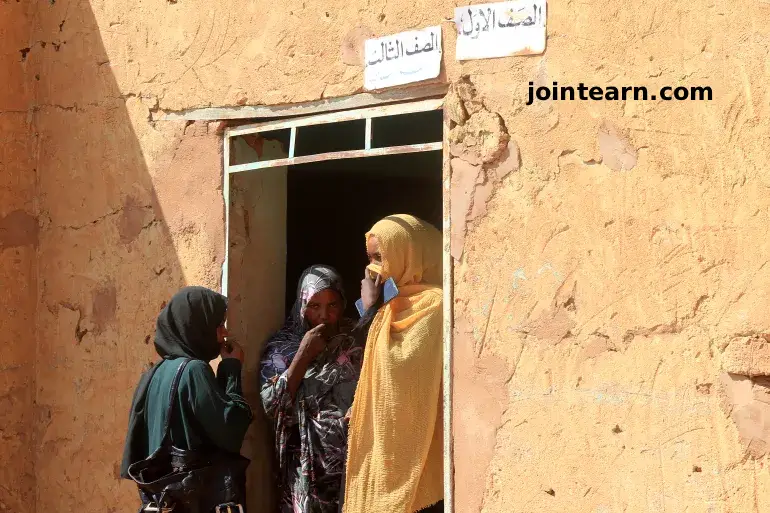
The Rapid Support Forces (RSF) are reportedly redeploying their fighters to North Kordofan, raising fears that the strategic city of el-Obeid could face a fate similar to el-Fasher, which fell to the RSF last month with devastating consequences. Analysts, humanitarian workers, and civilians are bracing for a potential siege in one of Sudan’s most important cities.
RSF Capture of El-Fasher and Rising Concerns
On October 25, RSF fighters stormed the town of Bara in North Kordofan, targeting homes and civilians. Many residents, like Sadiq Ahmed, described the RSF’s use of sexual violence, looting, and intimidation as part of their operations. Ahmed recalled giving the fighters all his valuables but refusing to surrender his daughters, successfully securing safe passage for his family.
Human rights organizations, including the United Nations and Human Rights Watch, have repeatedly highlighted the RSF’s use of rape and kidnapping as tools of war.
The violence in Bara displaced nearly 39,000 people in the Kordofan region between October 26 and November 9, 2025. At least 38 civilians were reportedly killed during RSF operations, with men of fighting age often targeted.
El-Obeid: The Next Potential Epicenter
El-Obeid, the capital of North Kordofan, lies about 59 kilometers east of Bara and serves as a strategic buffer to Sudan’s capital, Khartoum, due to its SAF-controlled airbase. Tens of thousands of displaced civilians have already sought refuge in the city, but concerns are growing over its ability to withstand an RSF assault.
Leaked RSF documents suggest a redeployment of thousands of fighters to North Kordofan following the capture of el-Fasher, which endured over 500 days of siege and a campaign of ethnic-targeted violence. Observers fear a repeat scenario in el-Obeid.
Analyst Nathaniel Raymond, executive director of the Yale Humanitarian Lab, predicted:
“My forecast has always been that el-Obeid will be under [RSF] siege by Thanksgiving. Babanusa is the last line of defence against the coming onslaught.”
SAF Prepares Defense and Mobilizes Civilians
In response, the Sudanese Armed Forces (SAF) have opened training camps in North Kordofan to recruit civilians, known locally as the “mustanfereen,” to reinforce el-Obeid. Additional SAF-aligned armed groups, known as the Joint Forces, are also present to bolster the city’s defense.
Despite these efforts, many civilians remain fearful. Residents reportedly avoid leaving homes after sundown, while others flee to White Nile state, the only safe corridor out of the region. Humanitarian organizations warn of rising displacement as panic spreads.
Imbalance in Military Capabilities
Experts note that while SAF relies on air support, the RSF has acquired man-portable air-defense systems (MANPADS), neutralizing SAF’s previous aerial advantage. Analysts caution that even if SAF receives additional weapons from allies like Turkey and Egypt, the city’s defense may remain precarious.
Raymond explained:
“The SAF still doesn’t have enough men bearing arms to control the vast area. They are running out of men.”
Turkey has supplied SAF with Bayraktar drones, which have helped in prior campaigns, while Egypt has restricted direct involvement due to regional sensitivities. Despite potential arms shipments, analysts fear el-Obeid could face intense RSF pressure similar to the atrocities seen in el-Fasher.
Humanitarian and Regional Implications
The possible fall of el-Obeid represents a critical escalation in Sudan’s ongoing conflict, which has displaced hundreds of thousands and left civilians increasingly vulnerable. Relief agencies warn that without international intervention or effective protection, the city may experience mass casualties, forced displacement, and widespread destruction.


Leave a Reply